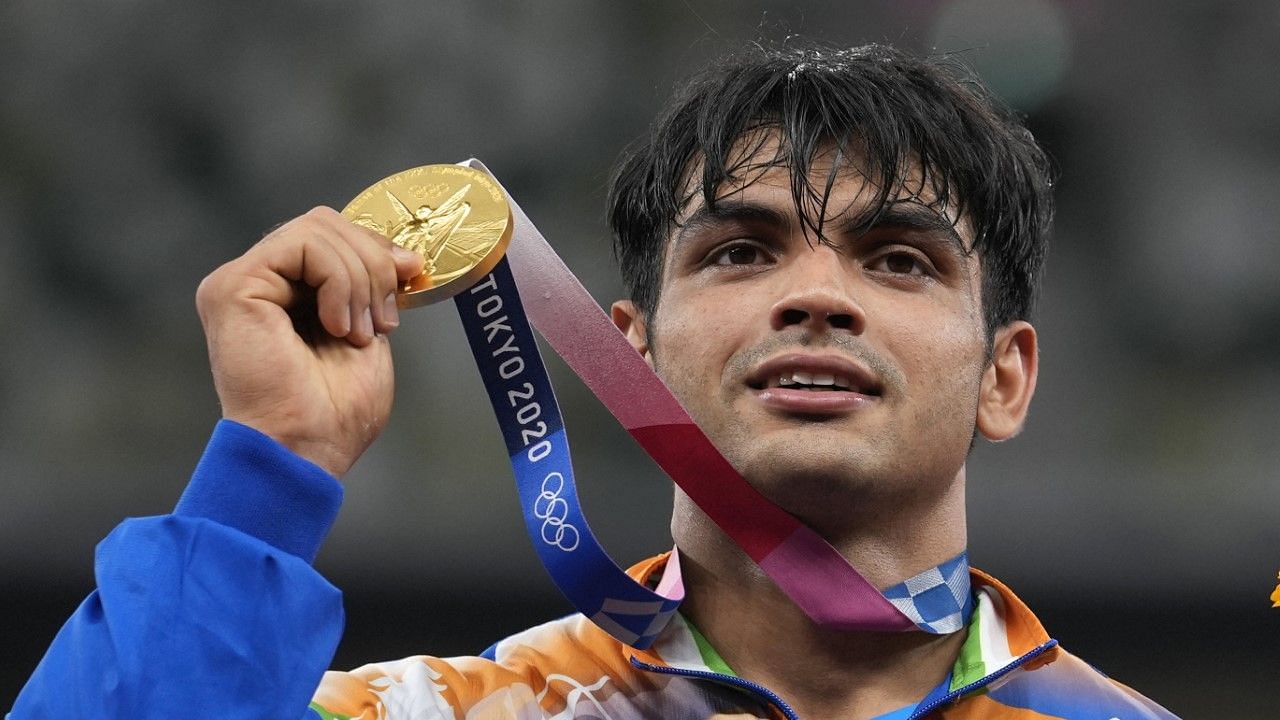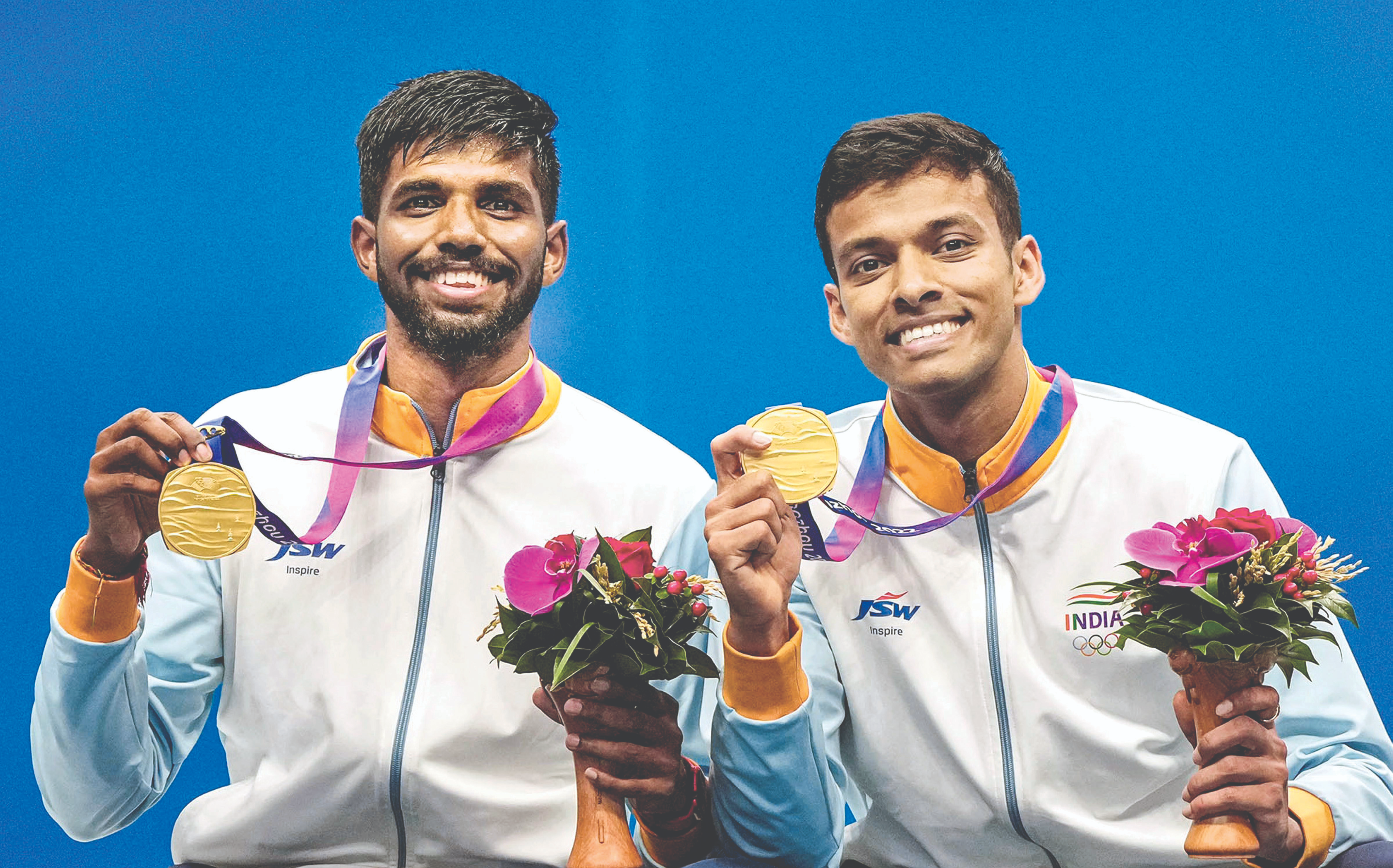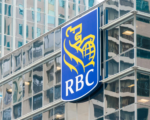In 2008, Abhinav Bindra made history by winning India’s first individual Olympic gold in the men’s 10-meter air rifle event. His victory was seen as a potential turning point for India, a nation with a population exceeding 1.4 billion and a growing global presence. However, despite this landmark achievement, India has struggled to translate its vast potential into Olympic success.
At the 2024 Paris Olympics, India secured only six medals, a decline from its record seven medals at the 2021 Tokyo Games. In stark contrast, the United States, with a population of less than a quarter of India’s, led the medal tally with 126 medals, while China followed with 91. India ranked 71st, behind smaller nations like Georgia and North Korea, and has accumulated just 41 medals since its Olympic debut in 1900.

Experts attribute India’s underperformance to several key factors. Ronojoy Sen, author of “Nation at Play: A History of Sport in India,” highlights the country’s lack of investment in sports compared to traditional Olympic powerhouses. Unlike nations such as the USA and China, which view sports as integral to national pride and invest heavily from a young age, India has yet to establish a similarly robust national training program.
Further complicating the situation is the inadequate funding and limited access to sports facilities for many Indian athletes. Boria Majumdar, sports analyst and author of “Dreams of a Billion: India and the Olympic Games,” notes that while India’s population is vast, the majority of people lack access to adequate sports infrastructure. Additionally, India sends far fewer athletes to the Olympics compared to top-performing countries.
India also faces broader challenges related to health and nutrition. The 2023 Global Hunger Index ranks India 111th out of 125 countries, with the highest child wasting rate globally. These health issues hinder athletic development from a young age, making it difficult to achieve top-level performance in sports where success can be determined by mere milliseconds.
Women athletes in India face additional hurdles due to deep-seated patriarchy. Wrestler Sakshi Malik, who won bronze at the 2016 Rio Olympics, and other female athletes have faced significant challenges, including harassment and lack of support, which impact their ability to compete effectively.
Despite these challenges, India’s sports scene is seeing positive changes. The “Khelo India” program, launched by Prime Minister Narendra Modi, aims to revive sports culture by identifying and supporting young talent, particularly in rural areas. The Target Olympic Podium Scheme (TOPS) has also been revamped to provide better support for elite athletes. As of July 2024, nearly $260 million has been allocated to improve sports infrastructure through the Khelo India initiative.
The recent investments in sports and the push to host the 2036 Summer Games reflect India’s growing ambition in the Olympic arena. While current results may be disappointing, the nation’s efforts to improve sports infrastructure and increase support for athletes suggest that India could see better outcomes in future Games.










